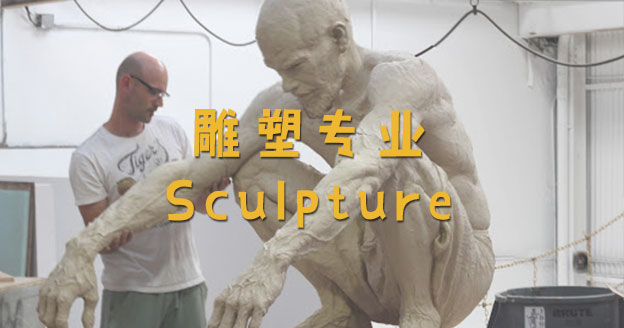【Introduction】Whether you are an international or domestic student in Canada, anthropology is a relatively unpopular major. What is unpopular major all about? This article will cover the introduction of Canadian anthropology majors, rankings, annual salary, employment prospects, salary, professional skills taught, as well as the opinions of netizens and UtoCanada.

Introduction to Canadian Anthropology
Anthropology is the study of the political system, religion and economy of early human evolution, primitive societies, and modern societies.
The anthropology major looks at human development from a holistic, cross-cultural perspective. In this discipline, you may need to study a variety of human development topics, from the language of specific African tribes, the ancient trade routes from Europe to Asia, to the evolution of man.
The focus of the anthropology major can be summarized as:
- Understanding the structure and function of social groups
- Humanistic understanding of society and how people solve problems
- Cross-cultural awareness and appreciation – the ability to look at the world from different angles
- Gaining the ability to acquire comprehensive knowledge of human social behavior – why we do what we do in a social environment
- Deconstructingcultural assumptions and provide social convenience in new and different situations
>> Courses
Here are some examples:
- Introduction to Biological Anthropology
- Introduction to Cultural Anthropology
- Introduction to Archaeology
- Introduction to Language Anthropology
- Ancient Civilization
- Human Race
- Ethnography in Anthropology
- Historical Anthropology
- Anthropological Statistics
- Anthropological Theory
- Debris Analysis
- Ethnographic Method
- Ceramic Analysis
- Human Orthopedics
- Opinion Discourse Strategies
Employment prospects of Canadian anthropology graduates
In the eyes of international and domestic students, anthropology is a relatively unpopular major. In fact, few people have studied anthropology and become anthropologists. According to the 2008 research survery of the University of California (Berkeley), among anthropology graduates:
- 26% work for non-profit organizations
- 16% said they work in education
- 58% were employed in other industries
From the data, we can see that the career path most unlikely leads to the field of education, which means being an anthropology professor, research assistant, or historian. This is very ironic. A large proportion of the graduates work in government and non-profit sectors as civil servants, in local governments, charities, central government agencies, international organizations (such as the United Nations), museums, and non-profit organizations.
》Anthropologist Salary: The decisive factor of an anthropologist’s salary & how much they can earn annually
The level of salary as a graduate of anthropology may vary widely and usually depends on the following factors:
- Educational level (university, college, graduate, doctorate, etc.)
- Work position
- Whether you have a professional title
- Amount of work experience accumulated
- The size and type of company
- Industry
- Employment location
- Soft skills (such as English proficiency)
Although there are relatively few graduates who eventually become anthropologists, some actually do and are able to get decent jobs.According to PayScale data,the average annual salary for entry-level anthropology-related jobs in Canada is $66,865. This is more than twice the national average salary. The starting salary for entry-level positions is $29,793.
Summary: UtoCanada’s views on anthropology
From my experience, I know that anthropology, as an unpopular subject among international students, has a relatively limited scope of employment. However, most international students who have studied in this major showed unusual enthusiasm and interest. They all felt that this major is inspiring and educational, providing them with a surge of knowledge and a major improvement in English.
This is because anthropology allows you to be immersed in a cultural group without a position as an "outsider," or gives you a view of cultural groups as an "outsider." The reason for the surge in knowledge is that by understanding the history of ancient and modern cultures, they reduce their prejudice, tolerate their mentality and empathy. Students find that their English has improved greatly because this major requires a lot of reading and writing. Studying anthropology is not about how gaining employment skills, but about developing attitudes towards things different, and not eager to deny or classify.
What UtoCanada is saying here is that if you really like this subject, and are not worried about employment issues, or if you are originally on the academic path towards this major, then you can boldly choose anthropology.















